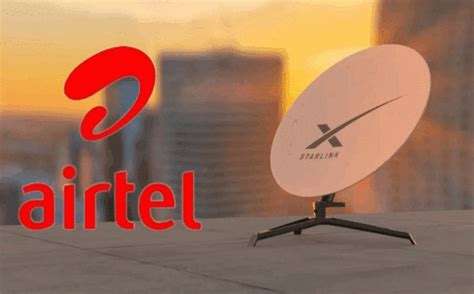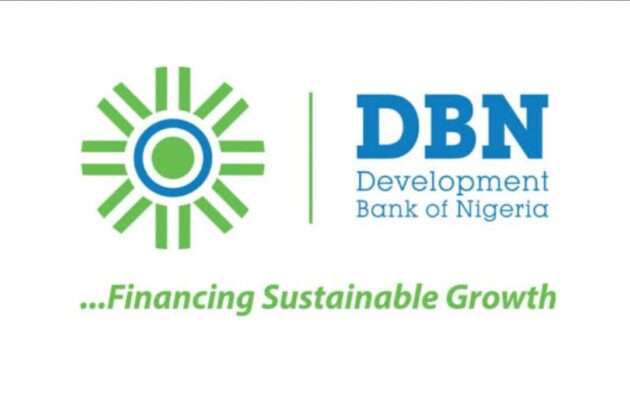Boosting Infrastructure and Economic Growth Across Nigeria’s Coastal Corridor

The Federal Government of Nigeria has approved an additional $3 billion for the continued development of the Lagos-Calabar Coastal Highway, marking a major push toward advancing national road infrastructure and regional connectivity.
The new funding is targeted at Phase II of the project, which will extend the highway from Calabar in Cross River State to Akwa Ibom State, linking key economic corridors across Nigeria’s southern coastline. The project is expected to stimulate commerce, reduce travel time, and enhance tourism and logistics across nine coastal states.
Minister of Works, Engr. David Umahi, disclosed the funding approval after a high-level Federal Executive Council (FEC) meeting, stating that the government remains committed to delivering one of the country’s most transformative infrastructure projects in decades.
“This highway will open up the coastal economy, connect major ports, support agriculture, and create thousands of jobs directly and indirectly,” Umahi said.
The Lagos-Calabar Coastal Highway is a 700km superhighway designed to run through Lagos, Ogun, Ondo, Delta, Bayelsa, Rivers, Akwa Ibom, and Cross River. The initial phase, which began in 2024, faced criticism over environmental and community impact but has since been adjusted to address key concerns.
According to the Ministry of Works, over 15% of the total project has been completed, with funding sourced through a combination of public-private partnerships (PPP), multilateral loans, and sovereign investment funds.
Experts believe the highway will significantly ease port access, especially between the Lekki Deep Seaport and Calabar Port, and will bolster economic integration in line with the African Continental Free Trade Area (AfCFTA) goals.
Construction is expected to be completed by 2029, with tolling and service infrastructure built into the design under the Infrastructure Concession Regulatory Commission (ICRC) framework.



